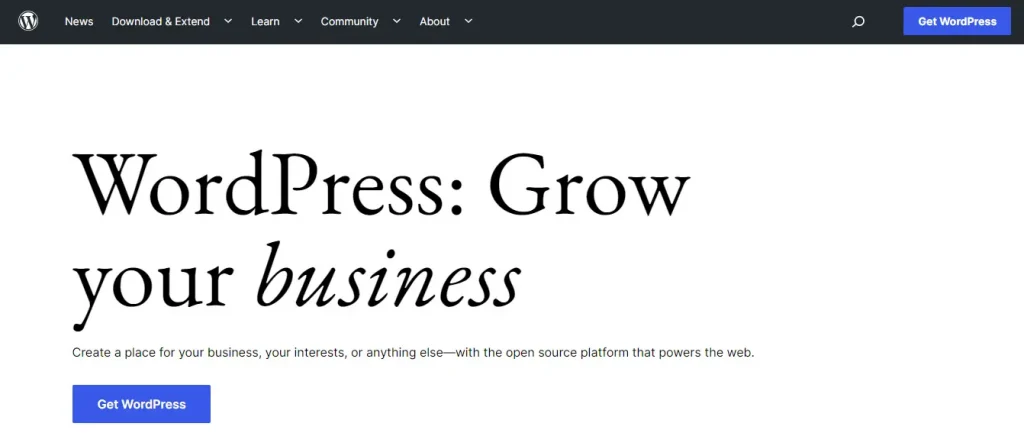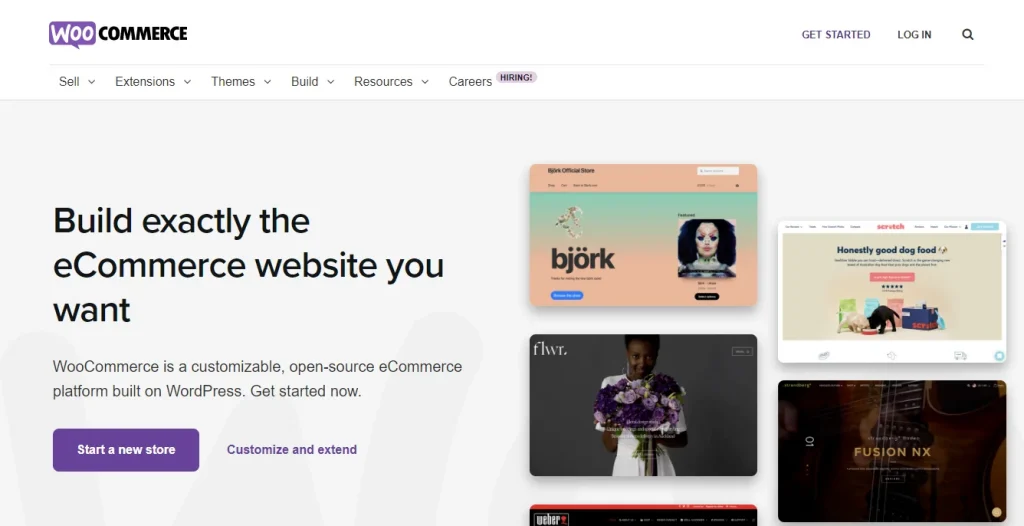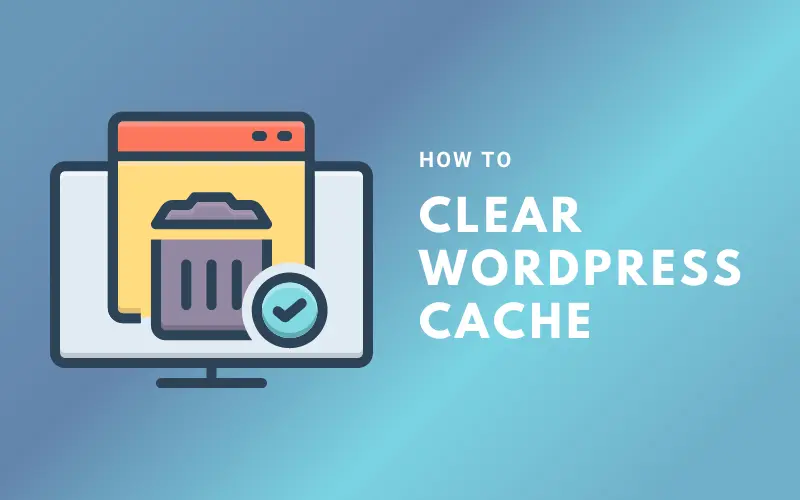WordPress vs Shopify. What is the difference between these two platforms?
WordPress is an open-source platform. You need to buy hosting from a 3rd party and install plugins like WooCommerce for ecommerce tools.
In contrast, Shopify is a dedicated e-commerce platform that helps you build your own online store. When using Shopify, you will be provided with all the hosting tools you need.
Both are titans in the website building industry, yet they serve very different markets. In this article, we will help you learn about WordPress vs Shopify and choose the right platform for you.
WordPress vs Shopify: Overview
What is WordPress?
WordPress is a free and open-source content management system (CMS) that simplifies the construction and maintenance of websites. Because it is open-source, anybody can use and modify it as they see fit.

This CMS is an excellent website development platform that can be used for everything from blogging to e-commerce to company and portfolio websites. Because of its usability and adaptability, it is an excellent choice for both large and small websites.
WordPress is not designed for e-commerce, but there are several fantastic plugins you can install to get started selling online – the WooCommerce plugin can transform your WordPress site into a full-featured e-commerce website.
What is Shopify?
Shopify is known as a website builder. So, to understand what Shopify is, we first need to know what a website builder is.

A website builder is an online tool that helps people with limited technical knowledge or no website building knowledge easily create a website in just a few clicks. They then pay a small monthly fee to the website builder platform to keep the site up and running.
Shopify is built specifically for e-commerce, so it should only be used to create an online store (as opposed to a blog or personal website).
WordPress vs Shopify: Ease of Use
WordPress: Ease of use
WordPress isn’t naturally set up to sell online, so you’ll need to install a plugin to make your site ecommerce-ready.
There are many e-commerce plugins out there such as WooCommerce, Ecwid, and BigCommerce so it’s important to take a moment to read through them before deciding to use them.

WordPress has its own centralized dashboard where you can manage your website. Because WordPress is such a vast platform, it can be a bit overwhelming because there are simply too many tools and options.
Creating content and adding products is also quite simple, but when it comes to customizing the look and feel of your website, things can get a bit complicated.
Shopify: Ease of use
You can develop and modify your online store with Shopify without understanding a single line of code.
You’ll begin by informing Shopify about the existing state of things. Whether you sold online or in person, how much money did you make?
You will now be on Shopify’s dashboard. Consider it your command center, from which you can handle everything connected to your online business. There are even reminders and pointers to help you get started.

Adding products is extremely simple. You can add individual products by uploading product photos and adding descriptions, prices, and variations (color, size, etc.), or bulk products by importing Shopify’s template Excel with product fields.
The interface is very user-friendly, so you won’t have any trouble entering any information. And even when you get stuck, there’s always support for you.
WordPress vs Shopify: Pros and Cons
In this section, we will break down the pros and cons of WordPress and Shopify in a simple way so you can get an idea of what these two platforms are capable of.
WordPress: Pros and Cons
Pros
- More powerful and flexible than Shopify, allowing full customization.
- There are many useful plugins to support.
- There are many useful resources online, both from user community and from professional developers.
Cons
- You need to have good technical knowledge to use it properly.
- To complete the construction can cost quite a lot.
Shopify: Pros and Cons
Pros
- You don’t need any technical programming knowledge to use Shopify.
- Built with ecommerce sites in mind, so all the sales tools you need are set up for you.
Cons
- You pay additional transaction fees (0.5% – 2% per transaction) unless you use Shopify’s own payment gateway, Shopify Payments.
- If you choose to change the web appearance, you will have to reformat your content.
- Not too basic or simple to use as a drag and drop platform.
WordPress vs Shopify: Conclusion
WordPress vs Shopify. There is no exact answer to the question of whether WordPress vs Shopify is better.
In fact, both are great tools to power your e-commerce website. Both have advantages and disadvantages, but the main difference is how they work.
WordPress and its plugins will give you powerful control and tuning of your website, but Shopify is an easier solution. Neither one is better than the other, but simply a choice depending on the skills, budget, and goals you have.



